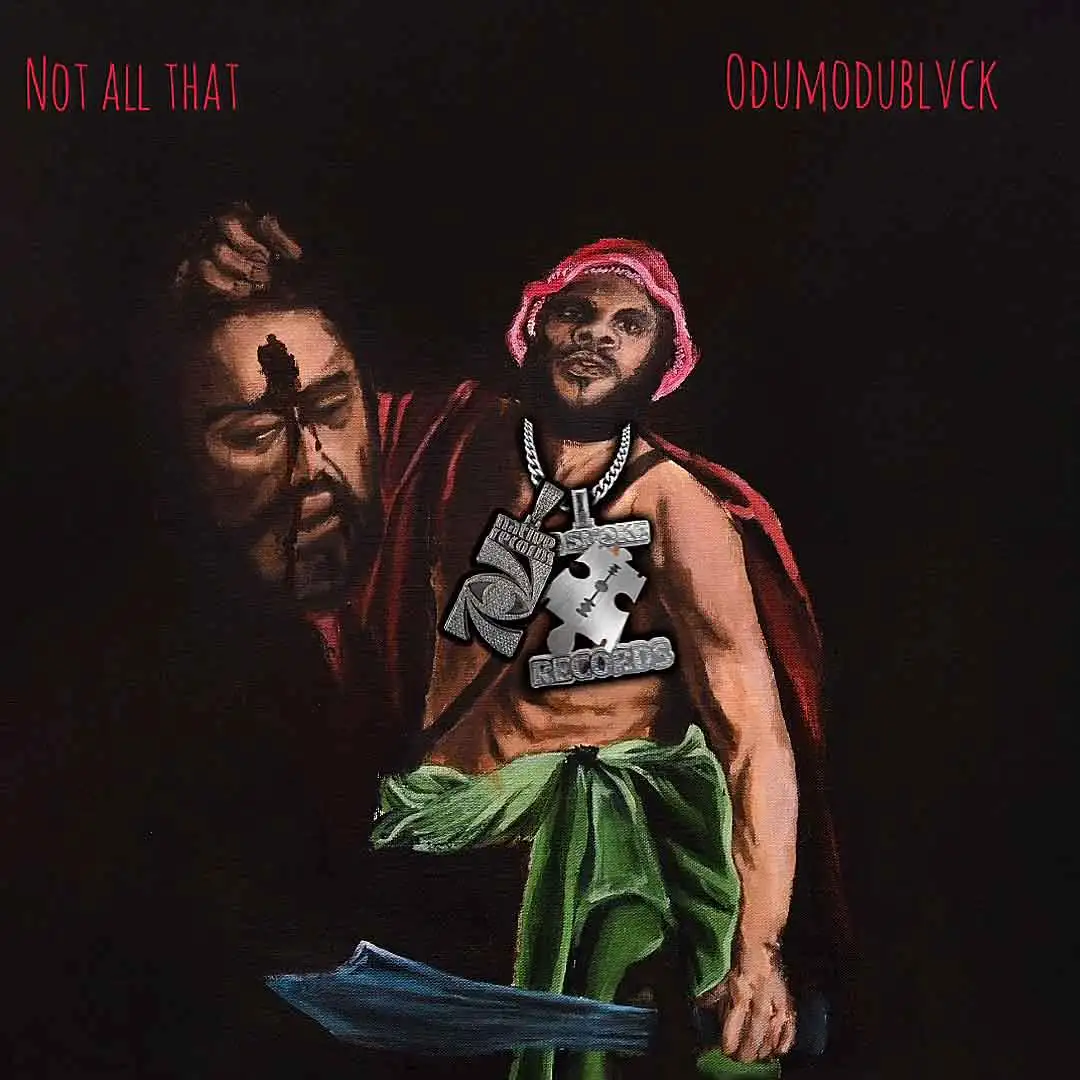
Genotype refers to the genetic constitution or genetic makeup of an organism, including all the genes and genetic information carried within its DNA. It represents the specific set of instructions encoded in an organism’s genome that determines its unique traits, characteristics, and potential genetic variations.
The genotype consists of the alleles present at each gene locus in an individual’s genome. An allele is an alternative form of a gene that can occupy a specific position, or locus, on a chromosome. Each individual inherits two alleles, one from each parent, for each gene. These alleles can be either homozygous (identical alleles) or heterozygous (different alleles).
The genotype of an organism influences its phenotype, which refers to the observable traits and characteristics that result from the interaction between its genotype and the environment. While the genotype provides the blueprint for the organism’s potential traits, the expression and manifestation of those traits can be influenced by various environmental factors.
Understanding an organism’s genotype is crucial in genetics and biological research as it helps determine the inheritance patterns, potential genetic disorders, and genetic variations within populations. Techniques such as genetic testing, DNA sequencing, and gene mapping are used to analyze and study an organism’s genotype, providing valuable insights into its genetic composition and hereditary factors.




